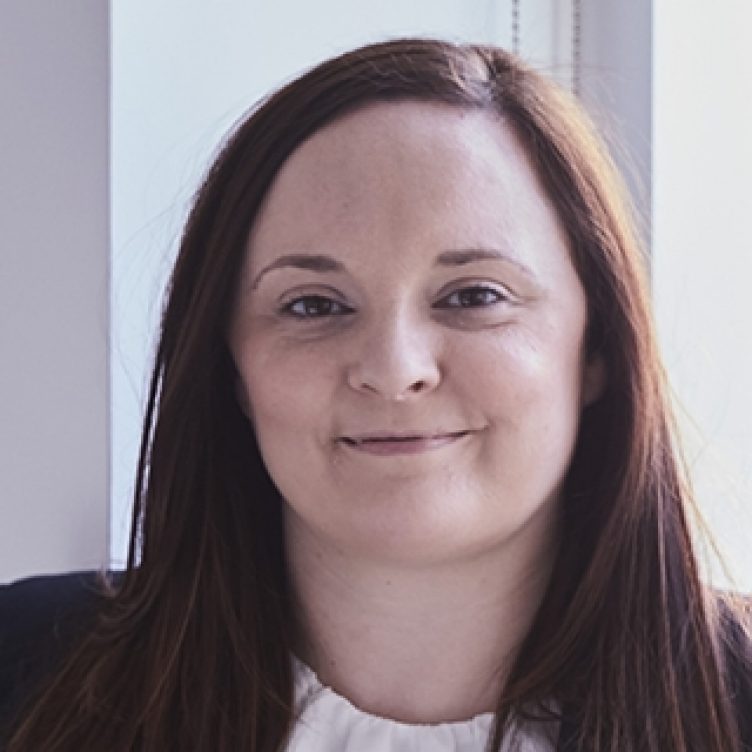Changing expert witnesses during a case involves both practical and tactical considerations, as Rebecca Hill explains.
How can you change your expert witness during a case?
The Court rules the roost when it comes to expert evidence. It has a duty to restrict expert evidence to what is reasonably required to resolve the proceedings (CPR r.35.1) and this is a key aspect of case management.
The Court will be guided by whether the trial judge will be assisted by the evidence, and, if so, how the evidence should be put forward. It will be mindful of the overall costs of the case and the duty to uphold proportionality and reasonableness wherever possible. It will also need to ensure that the parties are not ‘expert shopping’, namely approaching multiple experts for reports in search of a favourable opinion.
It follows that if a party had instructed expert A, but now wishes to change to expert B, this may need the Court’s permission.
Why would a change be needed?
In many cases there is no need to consider changing experts, but the unexpected can always occur. An expert may be unable to continue due to sudden retirement or ill health. They may discover after accepting instructions that they are not able to deal with all aspects of the case, for example, if they have the wrong sub-specialty, or if the claimant’s circumstances change. Alternatively, and in more rare cases, the legal team may have lost confidence in the expert due to issues of credibility or the expert’s ability to comply with their duty to the Court.
The Court would be unlikely to entertain a change where an expert has simply given an unfavourable opinion or adversely changed their opinion in a joint statement.
What are the risks of changing?
Since the Court of Appeal decision in Beck v Ministry of Defence in 2003, the Court’s approach is clear: the Court will usually order that expert A’s report has to be disclosed as a condition of granting permission to change to expert B. This is commonly referred to as a conditional disclosure order.
Is the Court’s permission needed?
A party cannot rely on an expert’s report without obtaining the Court’s permission (r.35.4(1)) and is unlikely to be able to recover the costs of the report from the other side.
In order to apply for permission, a party must set out the costs of the proposed expert, the field in which the evidence is required, the issues it will address and, where practicable, the name of the expert proposed (r.35.4(2)). Permission is then considered at the Case Management Conference and, if granted, will be limited to the expert or field named (r.35.4(3)). If the expert’s name is not available at the hearing, the Court usually gives a date by which the expert should be named.
If experts are not named in the Directions Order, no permission is needed to change so long as expert B is from the same discipline specified in the Order, and is reporting on the issues identified, insofar as these have been set out. However, where an opponent knows that more than one expert has been approached, they are likely to argue that expert A’s reports should be disclosed when seeking permission to rely on expert B and the Court will usually make a conditional disclosure order (Edwards-Tubb v JD Wetherspoon plc [2011]). The parties may also specifically enquire whether any earlier experts were instructed or make a speculative application in order to flush out any changes.
A conditional disclosure order can therefore be made where expert A was instructed before proceedings commenced. However, if parties seek preliminary expert advice on the viability of a claim before they engage with the Personal Injuries Pre-action Protocol, this is unlikely to be subject to a conditional disclosure order. So long as that expert has not been instructed to prepare a report for use in the proceedings, the advice given by that expert is likely to fall outside CPR r.32.2 and no permission to change expert is required (Carlson v Townsend [2001]).
What needs to be disclosed?
The case of Hajigeorgiou v Vasiliou [2005] made some important side comments on this issue. Dyson LJ said that they would not only order disclosure of the ‘final’ report, but also any earlier report that contained the substance of expert A’s opinion regardless of whether it was marked ‘draft’.
There is a risk that disclosure may be more far-reaching. In BMG Mansfield v Galliford Ty [2013] the Court indicated that it may order disclosure of “all the former expert’s undisclosed reports” which included reports that were not CPR-compliant, not just those containing the substance of expert A’s opinion.
In Coyne v Morgan (24 May 2016, unreported) the Court indicated that it would order disclosure of other documents such as notes of discussions between the solicitor and expert if there was a very strong case to do so.
What use are the served reports?
When an expert’s report has been disclosed, any other party may use it as evidence at the trial without the need to seek the Court’s permission (CPR r.35.11). It may provide useful cross-examination material if it expresses an opinion unfavourable to one party.
What about timing?
As the case gets closer to trial, changes will be more disruptive and the greater the cost implications. The Court will need to balance this with the party’s need to adduce the evidence and will consider, for example, whether a fair trial can occur without it. The later the application, the less ready the Court will be to allow a change of experts. This creates a heavier burden on the party wanting the change to show that the application is prompt, for genuine reasons and necessary. (See Lee v Colchester Hospital University NHS Foundation Trust [2015] where the Defendant successfully applied to change experts two weeks before trial). The Court is likely to have waning sympathy if unreasonable delays have occurred (Clarke v Barclays Bank plc and another [2014]).
Who pays?
The Court controls the costs of expert evidence and may limit the amount of the fees and expenses incurred (r.35.4(4)). Generally the party applying to make a change will bear the costs of the application, and the costs of an abandoned expert report may not be recoverable from the paying party. However, the Court retains a discretion as to costs and will consider all the circumstances under r.44.2(4)(a). In BMG (Mansfield) Ltd and another v Galliford Try Construction Ltd and another [2013] the judge took the view that the Defendant’s “part ill-judged and… generally over-aggressive”response to the Claimant’s application meant that the Defendant should pay the costs.
Practical points for experts
Changing experts is best avoided; the parties may not get permission to change, and even if they do, the consequences of a conditional disclosure order and an adverse costs order can be an unexpected blemish in an otherwise carefully prepared case. Experts can help to minimise the risks in a few ways:
- If you are not fully confident that you have the expertise to deal with all aspects of the case, highlight this before accepting instructions. The solicitor may need a different expert, or an additional one.
- Be mindful that you may be committing to the case for several years. Plan ahead, as retiring part way through a case should be avoided where possible.
- If you become aware of any issues which affect your ongoing involvement, notify the instructing solicitor straight away to minimise delays in any application.
- Indicating that a report is ‘draft’ is not determinative. Be prepared for everything you produce to be seen by the Court. Proofreading and spellchecking should be done as standard, and always include a breakdown of the documents you have used to form your opinion, even in preliminary draft reports. If there are contradictions between reports from expert A and B, it can be easier to reconcile if it is obvious that they are working on different information.
- If you are being brought in as expert B, be prepared to be cross-examined on any differences of opinion between your report and any material provided under a conditional disclosure order.
You can find further information regarding our expertise, experience and team on our Personal Injury pages.
If you require assistance from our team, please contact us or alternatively request a call back from one of our lawyers by submitting this form.
Media contact: Lydia Buckingham, Senior Marketing Executive, +44 (0) 20 7822 8134, lbuckingham@stewartslaw.com


